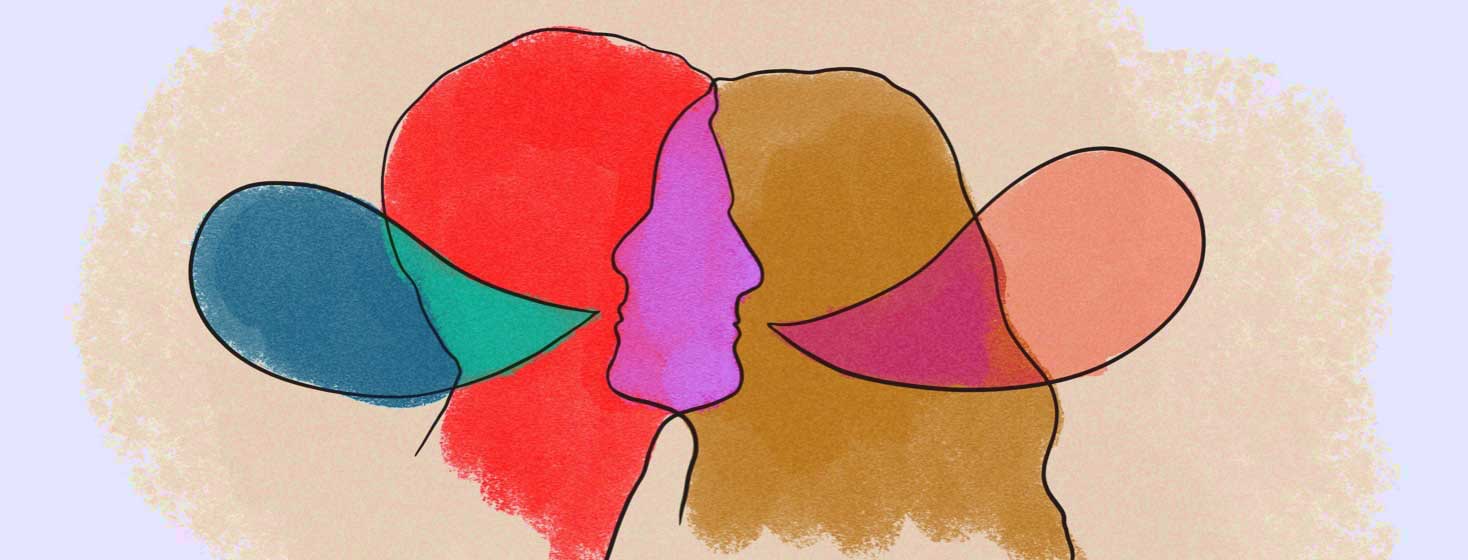Am I lucky? The Differences in Our Bodies
I had a conversation with another warrior who is also a friend recently. We were just catching up when she asked how the change in weather was treating me and I said it was fair, I also told her that a change in weather has never really affected me so much and that’s the truth.
“You’re lucky” that was her response.
I don’t know what she meant by that response but it made me realize that we don’t have many conversations about the differences in the effect of sickle cell on the body.
My sickle cell journey
Sickle cell is an extremely versatile blood disorder that affects people differently. There are many ways sickle cell disease can affect an individual and this does not necessarily mean one is lucky.
I like to use myself as an example. For a very long time, I did not know what a vaso-occlusive crisis felt like. Growing up, everything I knew about sickle cell evolved around vaso-occlusive crisis (VOC). It felt like VOC was the only identity of people living with sickle cell. So as I grew older, finding my identity was difficult.
Not growing up like my peers did not help matters. I also had pale eyes yet I was not totally like what people told me about people living with sickle cell.
Does that mean that I’m lucky? No. Absolutely not because as I grew older, I started to experience other complications of sickle cell. That is, other ways that sickle cell affects my body.
There's no single sickle cell experience
Two people may have sickle cell, but it does not mean that both of them would have the same symptoms or feel the same level of pain.
What triggers a pain crisis in one might not trigger a pain crisis in the body. This does not make any of them luckier than the other.
Some warriors can hit the gym and lift heavy without ending up in the emergency room while some need to be careful while exercising.
Different bodies, different treatments
The conversation flows into sickle cell treatment as well. There was a time I told another warrior that I haven’t experienced any major vaso-occlusive crisis in over 4 years and she asked me what I use.
Comparing experiences
It’s just how sickle cell affects me, my dear. Am I lucky? No.
I get it, she was genuinely curious and would probably try the same drug or whatever if I had mentioned anything.
It is understandable that you want to stop the pain or at least reduce the frequency of the crisis but many warriors do not even consult their doctors before introducing new drugs to their systems. Just because a drug worked well for a warrior, does not mean that it would work well for you.
Is that person lucky? No, it is just their body.
Each body decides
Even if you discuss treatment or management options with your doctor, your body can still say no to it.
There are sickle cell warriors who opted for bone marrow transplant to cure sickle cell but their bodies rejected it meaning it failed. There are also sickle cell warriors who had the same bone marrow transplant and it was a success.
It’s just the difference in their body.
What does this mean to the public?
I would say that everyone needs to understand that sickle cell is a very versatile disorder. People living with sickle cell experience symptoms and complications differently.
Yes, there might experience similar complications but definitely not in the same way. Treat every person as an individual because they are an individual.
It does not matter what you have heard about sickle cell. What matters is how sickle cell affects them. That is more important.

Join the conversation